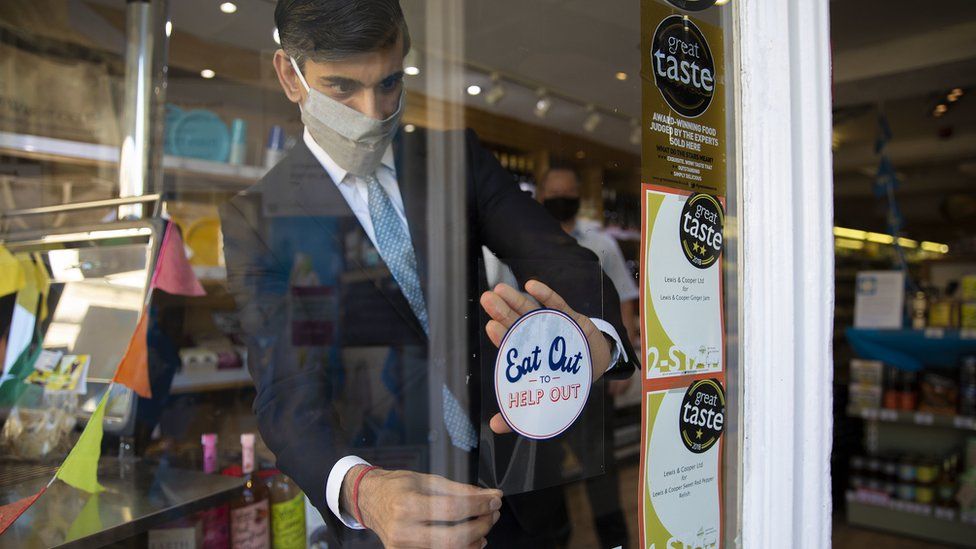In August the English government promoted an economic-food support operation. It was called “Eat out to help out”, literally “eat out to help out”. In practice, from Monday to Wednesday meals (and non-alcoholic drinks) with a 50% discount in a vast network of participating establishments. An attractive offer, exploited and appreciated by millions of people.
It may have saved jobs and supported the food sector after the coronavirus lockdown, but it is unlikely to have helped eliminate obesity among citizens. Data culled from several recent and past studies shows that restaurant meals are on average twice as caloric as the equivalent dish prepared at home.
The British are in bad shape
But the news inspired me a post. Because I discovered (it is said that the English eat badly, but I didn't think that was literally the case) that the United Kingdom has one of the fattest populations in Europe. Prime Minister Boris Johnson himself attributed the complications he suffered from covid-19 to being overweight. And yesterday he announced a national obesity strategy.
In the UK we only get reheated fragments of previous anti-obesity plans rather than following the latest nutrition science
Boris Johnson

What will England's plan to eliminate obesity look like?
It is likely to include more calorie labelling, restrictions on junk food advertising and “buy one, get one free” offers (promoting compulsive buying of caloric foods). None of these measures will do harm, but benefit? As a strategy to eliminate obesity it will have zero results. These remedies are not up to the latest science.
Nutritional research is undergoing a revolution. The latest evidence shows that the way we respond to food it varies so much from person to person that there is no one-size-fits-all healthy diet.
This may explain why science has failed to eliminate obesity. And yes, it would be a billion-dollar business.
What would it take to eliminate obesity instead?
Consider a recent test on the effectiveness of low-fat versus low-carb diets for weight loss. The DIETFITS study put more than 600 overweight people on a diet for a year: some low-carb, some low-fat. In the end, the average weight loss was the same in both groups, about 5,5 kilograms, but there was huge individual variation, ranging from much larger losses to just a few grams. For some, even significant weight gain.
This leads to the conclusion of another cutting-edge nutritional research: a personalized diet is necessary based on an individual's metabolism and microbiome. To work out such diets is almost at hand, it will be possible in a very few years. Very few tests will be enough and a successful meal plan will be developed.


